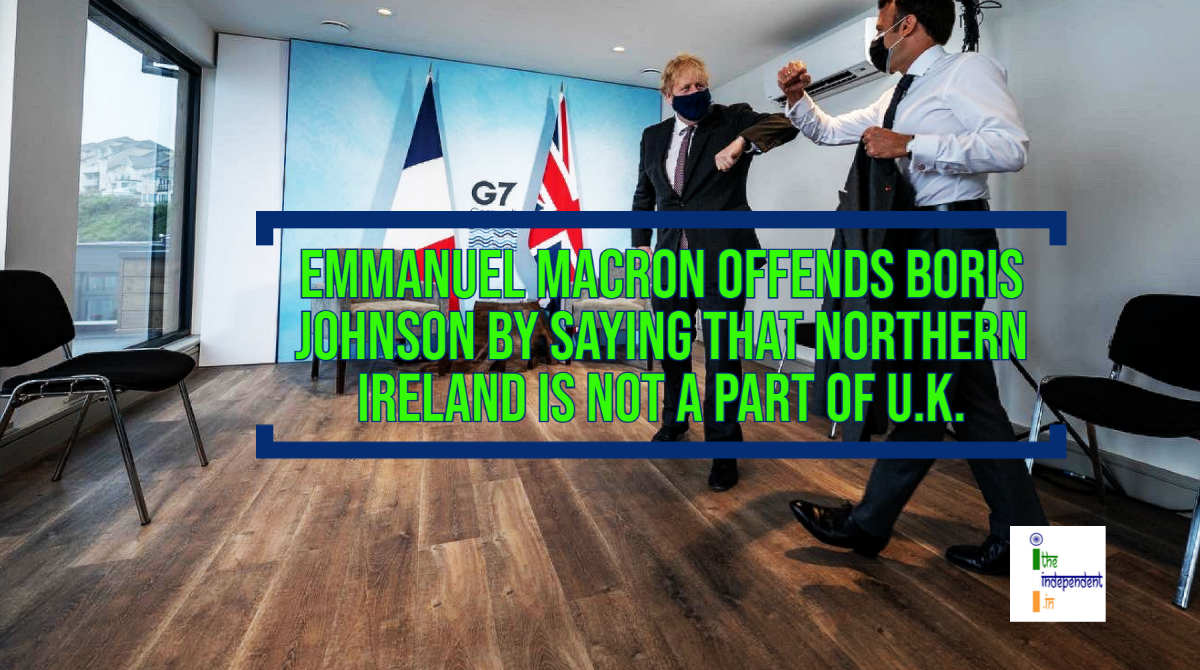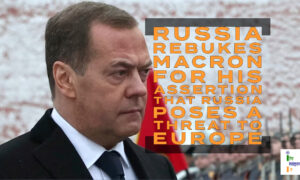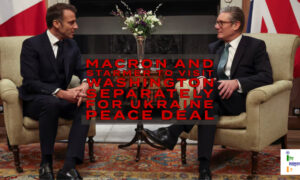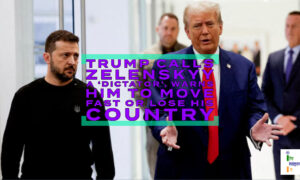
G7 Summit was marked with tensions between UK and France after the latter offended U.K. by saying that Northern Ireland is not a part of U.K.
The final day of 3-day Group of Seven (G7) Summit was marked with tensions between United Kingdom (U.K.) and France after the latter offended U.K. by saying that Northern Ireland is not a part of U.K.
The remarks were made by the President of France – Emmanuel Macron to which, the Prime Minister of U.K. – Boris Johnson replied that Northern Ireland is part of “one great indivisible United Kingdom.”
The Foreign Secretary of U.K. – Dominic Raab also said that Macron’s comments were too offensive. However, Macron clarified that he never questioned the integrity of the British territory.
Elysee, the official residence of President of France clarified that Macron was referring to geographical territory during the meeting, when Johnson asked Macron how he would feel if there were barriers to selling sausages from Toulouse in Paris.
A statement from Elysee read, “The president wanted to stress that the situation was quite different and that it was not appropriate to make this kind of comparison.”
The tension between Republic of Ireland and Northern Ireland relates to the partition of Ireland, where the Government of the then United Kingdom of Great Britain and Ireland divided the island of Ireland into 2 separate polities. The division of Ireland took place on May 3, 1921 under the Government of Ireland Act 1920. As per the Act, Northern Ireland was duly created with a devolved administration and forms part of the U.K. today. The other part, intended as a home rule jurisdiction to be known as Southern Ireland, failed to gain acceptance. The territory instead became independent and is now a sovereign state described as the Republic of Ireland.
The Act contained provisions for co-operation between the 2 territories and for the eventual reunification of Ireland. However, in 1922, following the War of Independence (1919–1921) and the Anglo-Irish Treaty, the Southern and Western part became the Irish Free State, while Northern Ireland exercised its option to remain in the U.K.
The row comes amid ongoing problems with the post-Brexit Northern Ireland Protocol. The policy was designed to protect the Good Friday Agreement by ensuring a border would not be introduced on the island of Ireland. But as a result, it created a regulatory border in the Irish Sea, leading to additional checks on items moved between Great Britain and Northern Ireland.
Despite Brexit, a grace period was given to ensure goods to continue to move as normal while people adjusted to the new way of working. This grace period will come to an end on June 30, 2021 and new controls and checks will be introduced on chilled meat products like sausages and mince – effectively banning them from entering Northern Ireland unless the UK agrees to match European Union (E.U.). standards on its products.
Meanwhile, U.K. has already defaulted on certain grace periods, leading to legal action from the E.U. The Prime Minister of Ireland – Micheál Martin has warned U.K. that it would be very problematic if U.K. repeated the same mistake gain.
Speaking on the occasion, he said, “It’s not about sausages per se, it really is about the fact that an agreement had been entered into not too long ago and if there’s consistent, unilateral deviation from that agreement, that clearly undermines the broader relationship between the European Union and the United Kingdom, which is in nobody’s interest.”
Speaking to media, Johnson said, “It is the job of the government of the United Kingdom to uphold the territorial integrity of the United Kingdom.”
He also said that Brexit was only a small part of G7 summit. Dominic Raab also said the sentiment about Northern Ireland being separate from the rest of the U.K. had been expressed by E.U. for years and “that is wrong”.







